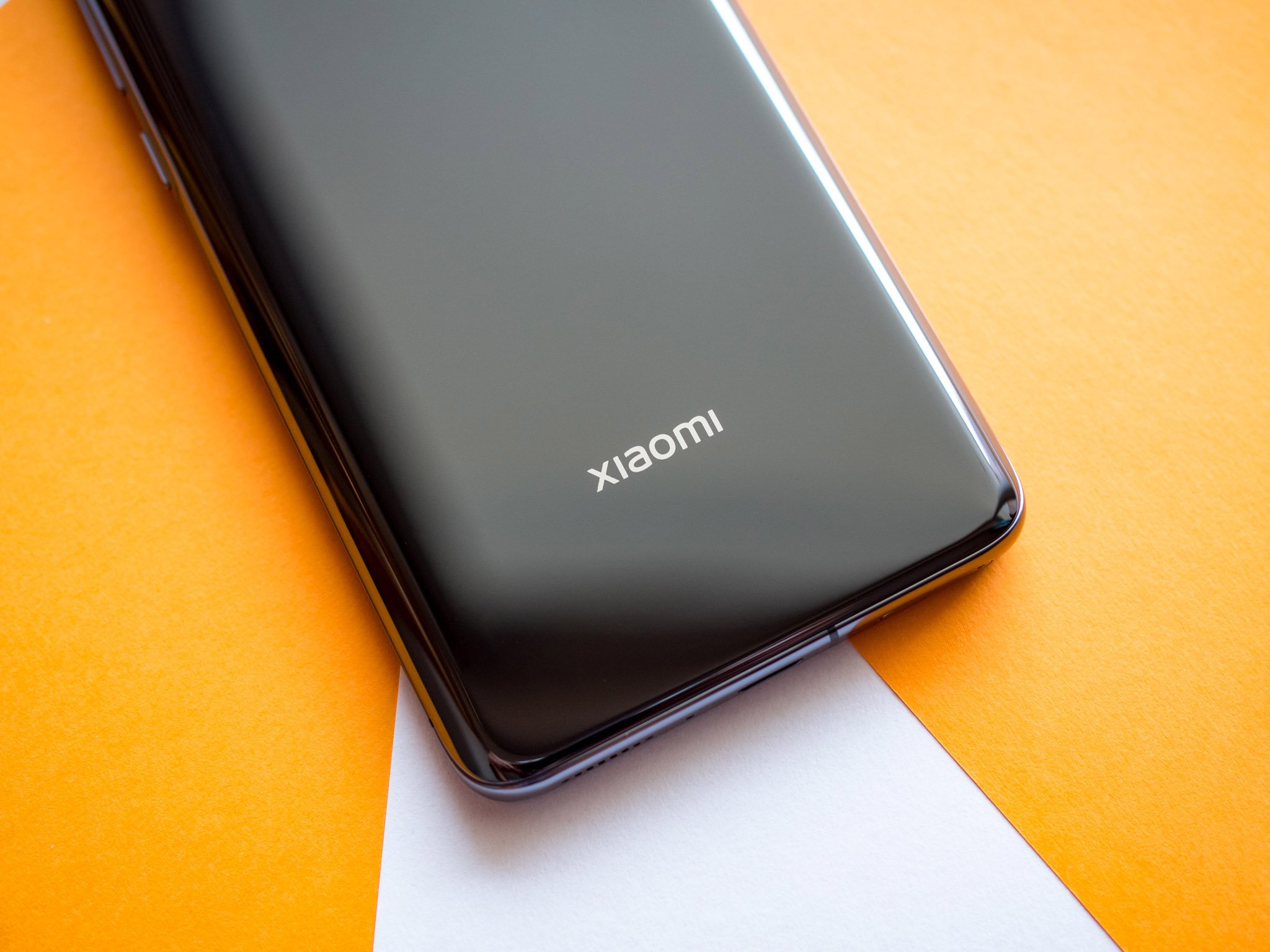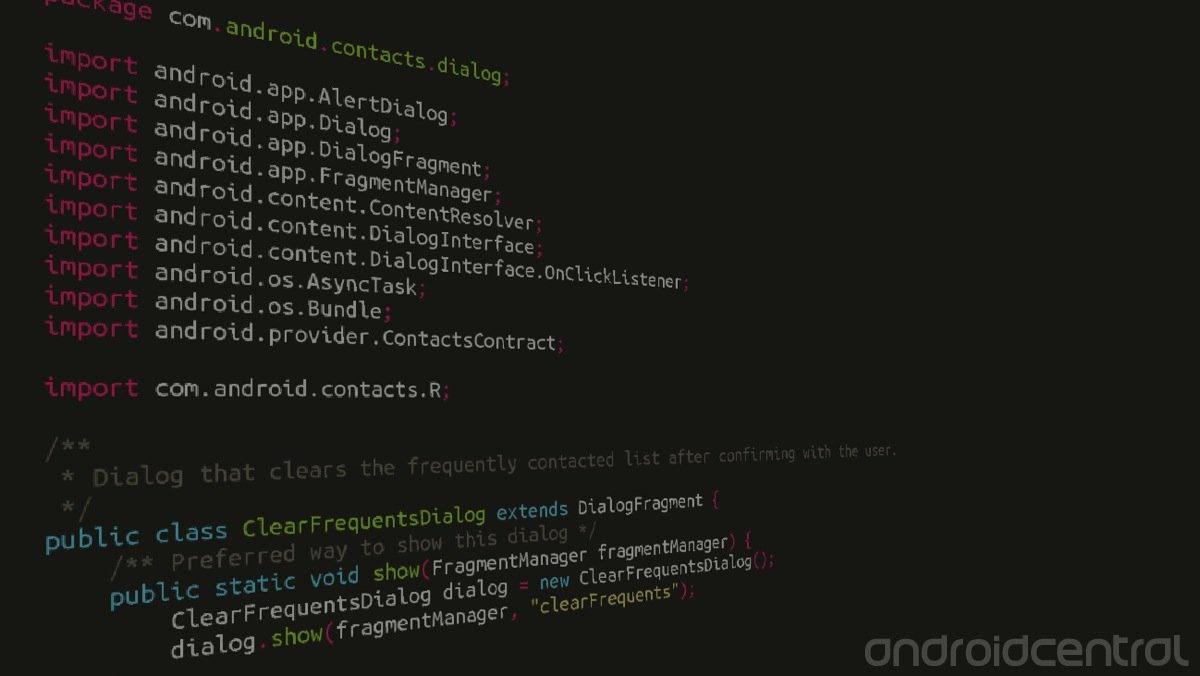None of the parts that are yours will work without the parts that aren't.
The Lithuanian Defense Ministry wants you to "throw away" your Chinese smartphone. Seriously — it advises you not to buy any smartphones made by Chinese companies and to throw away the ones you might already own because of the software that powers them.
This stems from research that shows how flagship phones from Xiaomi, which are also some of the best Android phones, built for the European market, can detect and remotely censor things like any expression of freedom for Tibet or Taiwanese independence. Of course, this isn't all of the story. As many of us understand, this is normal for products sold in China — even Apple and Google bow to Chinese regulators when necessary. As we've seen before, sometimes Western software versions from Chinese brands leave tracking and censorship tools in place.
To be perfectly clear: We reached out to Xiaomi directly, and a company spokesman adamantly denied actual wrongdoing regarding Xiaomi censorship:
"Xiaomi's devices do not censor communications to or from its users. Xiaomi has never and will never restrict or block any personal behaviors of our smartphone users, such as searching, calling, web browsing, or the use of third-party communication software.
Xiaomi fully respects and protects the legal rights of all users. Xiaomi complies with the European Union's General Data Protection Regulation (GDPR)."
So you probably don't really need to toss out your new Xiaomi phone. But this does lead to a more extensive conversation around who really owns the product when you buy a smartphone. Hint: It's not you. Welcome to the wonderful world of copyrights.
When you purchase a phone, you own the physical parts you can hold in your hand. The display is yours. The chip inside is yours. The camera lenses and sensors are yours to keep forever and ever. But none of this, not a single piece, is worth more than its value in scrap without the parts you don't own but are graciously allowed to use — the copyrighted software and firmware that powers it all.
You're only leasing the software.
The companies that hold these copyrights may not care how you use the product you paid a license for, and you don't hear a lot about them outside of the right to repair movement. Xiaomi, like Google and all the other copyright holders who provide the things which make a smartphone smart, really only wants you to enjoy the product enough to buy from them the next time you purchase a smart device. Xiaomi pissing off people who buy its smartphones isn't a good way to get those same people to buy another or buy a fitness band or robot vacuum cleaner.
When you set up a new phone, you agree with these copyright holders that you'll use the software on their terms. You also agree that the copyrighted works are subject to being altered anytime, but not by you — we call those updates.
This is a good thing and a bad thing. Every creator deserves to profit from their work, and if an amicable agreement between you and them can be made, then everything is good. The not-so-good part (usually) arises when the company that does own everything has ideas about improvements that you don't agree with. That's when heavy-handed ways of monitoring your photos can happen. Or when software could make sure you don't post pro-Democracy in China content to social media.
But it isn't going to change any time soon. For many of us, it's not even a concern because it has very little effect on the day-to-day use we get from our phones. But maybe it should. Maybe, even if you aren't concerned about censorship or that "big tech" can monitor the photos you upload and download, you should want a revamp of the situation. Phones aren't cheap. We should demand a little more.



Tidak ada komentar:
Posting Komentar